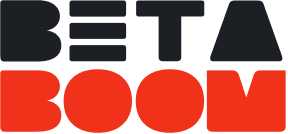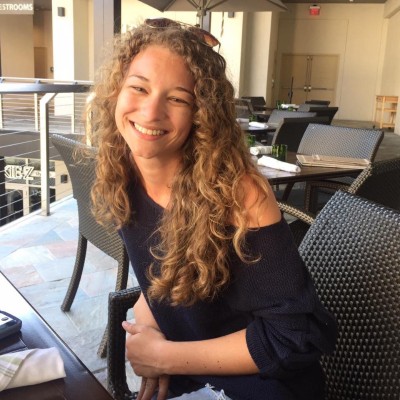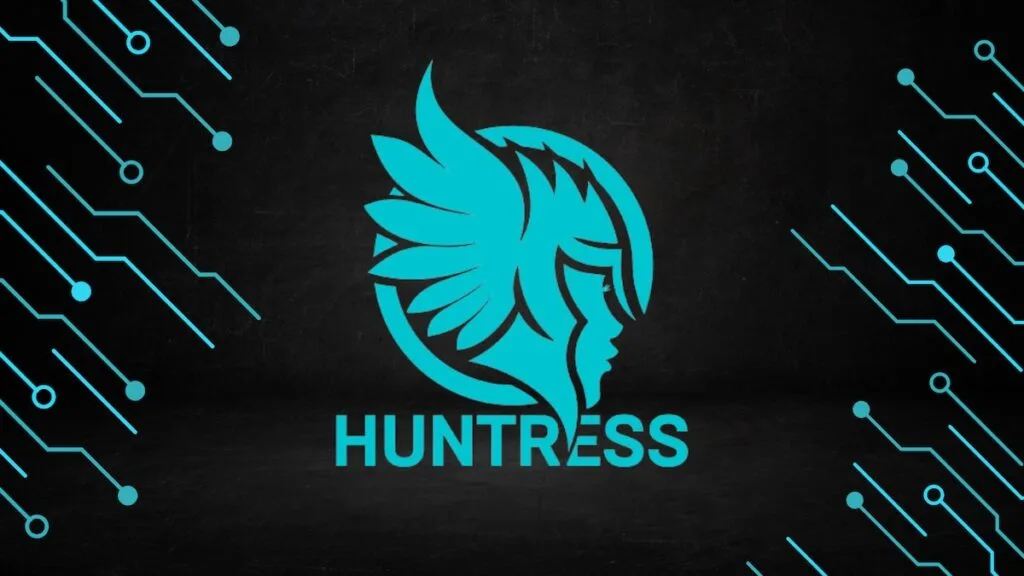Seattle’s rise wasn’t accidental—it combined geographic luck, big tech anchors, and a founder-friendly culture. Amazon’s choice catalyzed a golden age, but sustaining it requires solving new challenges.
Seattle offers ex-Amazon talent with scaling experience and accessible local investors like Voyager Capital facing less competition than Silicon Valley. Its pragmatic culture avoids hype cycles, ideal for deep tech. Emerging opportunities include AI/ML infrastructure (leveraging AWS roots), climate tech (supported by Pacific Northwest environmental ethos) and global logistics (aided by Port of Seattle and Boeing’s legacy).
Seattle’s key startup ecosystem for key industries like artificial intelligence, cloud computing (Amazon, Microsoft), Biotech, SaaS, Gaming, Retail Tech. It also has a strong talent pool, proximity to tech giants, lower competition than San Francisco or New York City.
While Seattle saw a number of its early stage companies reach the coveted billion-dollar “unicorn” valuation milestone, its cash flow has stalled recently–though that doesn’t mean cash flow has stopped.
Seattle is a city that is full of possibilities, especially for founders who don't idealize the Silicon Valley vibe.
The Seeds of a Tech Hub
Before Amazon, Seattle’s tech roots were already taking shape. Mircosoft saw the benefits of doing bysnesss in Seattle and established itself in 1975.
Bill Gates and Paul Allen relocated do to affordability, graduates from University of Washington, and it short distance to Silicon Valley. Over two decades, Microsoft’s success drew technical talent and spinouts, shaping the ecosystem. But something even bigger waas coming.
In 1994, Founder and former-CEO of Amazon, Jeff Bezos, chose Seattle as the first headquarter for Amazon (also know as HQ1). Between it’s access to UW talent, no income tax, and proximity to Ingram Book’s Oregon warehouse seemed to offer the perfect fit. But the most critical aspect was its proximity to the West coast, allowing it to cut shipping times for his initial inventory.
But it’s location influenced more than ports, Seattle offered a culture of ambitious outsiders. Unlike Silicon Valley’s insular tech circles, the city felt like a place where newcomers could build something massive — without the baggage of tradition.
The Amazon Effect and 2010s Boom
By the 2000s, Amazon's relentless expansion into new verticals - from cloud computing (AWS) to voice tech (Alexa) - turned Seattle into a laboratory for innovation. The company's growth created a "flywheel effect" that transformed the city:
By the 2000s, the company’s relentless expansion into new verticals—from cloud computing (AWS) to voice tech (Alexa)—turned Seattle into a laboratory for innovation. From AWS to Alexa, it made Seattle an innovation powerhouse.
AWS turned the city into the cloud's global hub in the 2010s, drawing Google and Facebook. The boom allowed Microsoft and Amazon to fuel a unique ecosystem where alumni became investors, University of Washington churned out top engineers, and neighborhoods like South Lake Union transformed into tech campuses.
All of these factors created a variety of ripple effects:
- The Flywheel Effect: Amazon's growth created startups (Zulily, Convoy) and drew tech giants (Google, Facebook).
- Cloud Capital:AWS (2006): Now 33% of Amazon’s revenue, making Seattle the cloud capital
- Culture of Spinouts: Ex-Amazon/Microsoft employees launched companies like Smartsheet and OfferUp.
- Support Infrastructure: Techstars, Madrona Venture Group and UW's engineering program fueled growth.
- Industry Clusters: Cloud, gaming (Valve), biotech (Fred Hutch) and e-commerce thrived.
This combination made Seattle Silicon Valley's primary competitor - until new challenges emerged.
Cracks in the Foundation
By the late 2010s, Seattle's success began undermining its appeal. The "Seattle Freeze" - the city's reputation for social reserve - hindered newcomer integration. Remote work accelerated the shift, as tech workers relocated to sunnier markets. Competing hubs like Austin, Texas, and Miami lured startups with tax breaks and hype.
Most critically, homegrown giants looked elsewhere: Amazon established its "HQ2" in Virginia, while Microsoft expanded in Atlanta and Boston. Soaring housing prices displaced middle-class workers from urban cores, while homelessness and traffic congestion sparked backlash against tech companies.
Additional challenges included:
- "Seattle Nice": Polite but non-committal culture (investors ghost rather than reject)
- Funding gaps: Few local funds can lead $10 million+ rounds (founders travel to San Francisco for Series A)
- Salary inflation: Big Tech compensation distorts expectations (entry-level software engineers demand $150,000+)
- Urban strain: Visible homelessness and transit deficiencies deter recruits
Far From Down and Out
Despite its successes, Seattle’s reputation seems to be slipping. The city fell 10 spots to No. 20 in Startup Genome’s annual “Global Startup Ecosystem Report,” which ranks leading startup regions worldwide.
Over the past several years, Seattle’s startup scene has lost a number of communities that catered to entrepreneurs and operated physical spaces, including the surprise departure of Techstars Seattle earlier this year. Some say new groups such as Seattle Foundations are needed to help support entrepreneurs and the city’s startup climate.
But Startup Genome still calls the city a “top-tier hub for innovation” with an “incredible depth of talent” and an “ideal breeding ground for future unicorns.”
Seattle remains the No. 3 U.S. hub for venture capital after San Francisco and New York, with a record $6.8 billion invested in 2022. The city's VC landscape continues to evolve with newer players like Pioneer Square Labs, a venture studio that has deployed over $200 million.
With the ups and downs, Seattle has learned the importance of their unique culture and unified vision – the very things that can lure the next Amazon.





